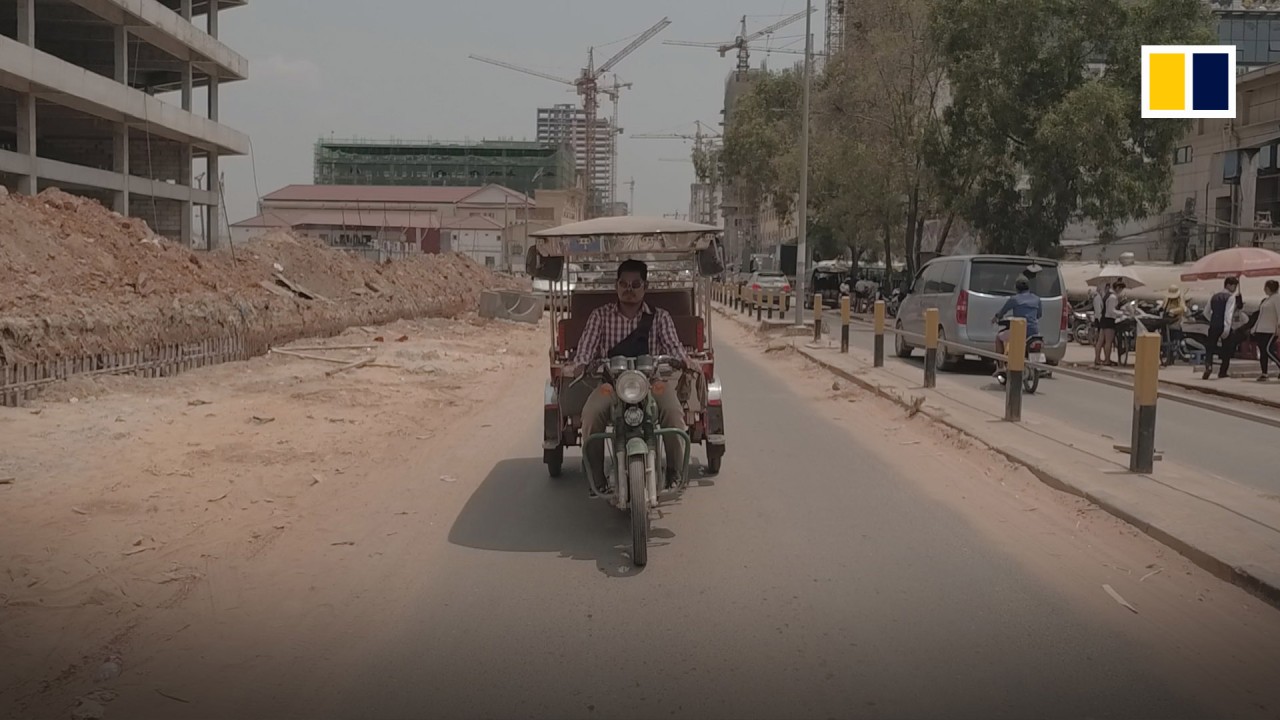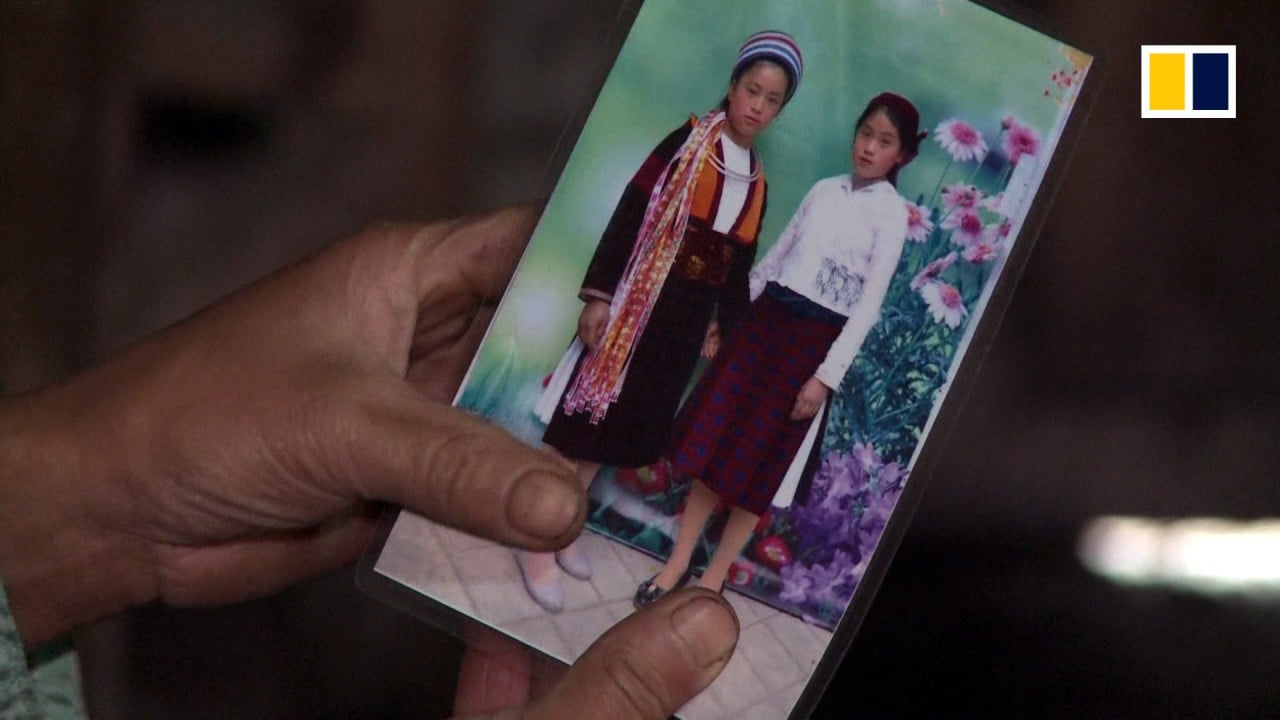
Vietnamese being trafficked by Chinese nationals to work in Cambodian casinos, officials warn
- After being offered jobs online, Vietnamese have been forced to work 16-hour shifts and were physically assaulted when they tried to escape
- Sihanoukville, which has received massive Chinese investment in recent years, has emerged as one of the primary destinations for labour trafficking
In a Facebook post, the Vietnamese embassy urged its citizens to be vigilant about suspicious advertisements for jobs offering between US$800 and US$1,000 a month.
“According to [victims], we found out that the operation to entice and bring Vietnamese people to Cambodia is led by a number of Chinese people, with the participation of both Vietnamese and Cambodians,’’ the embassy said on its Facebook page.
The Vietnamese embassy’s Facebook post also detailed how victims were closely monitored and forced to work 16 hours a day. Many were physically assaulted when they tried to escape. The victims who refused to work and wanted to return to Vietnam were beaten and forced to take on debts between US$1,000 and US$8,000 or were sold to another company.
“[The trafficking of Vietnamese] has been happening for a long time,” said a diplomatic source at the Vietnamese embassy, speaking on condition of anonymity.
This Week in Asia has reached out to the Chinese embassies in Vietnam and Cambodia for a response.
HEIGHTENED RISKS
Kristin Parco, chief mission of the UN’s International Organization for Migration in Cambodia, said reduced wages, job losses and the increased reliance on the internet, among other pandemic effects, have created a “fertile recruitment ground for traffickers”.
“Covid-19 has created new vulnerabilities as well as exacerbated existing ones and increased risks of exploitation of individuals and communities to trafficking networks,” she said.
“Traffickers have adjusted their business models by exploiting modern communications technologies. Online trafficking and exploitation have evidently spiked since the beginning of the pandemic in the region.”
Thai general Manus Kongpan, jailed for trafficking refugees, dies in prison
In a 2020 report, the US State Department said the Cambodian government “does not fully meet the minimum standards for the elimination of trafficking but is making significant efforts to do so”. Countries identified as Tier-3, the lowest ranking in annual reports about human trafficking, face US sanctions. In 2019, Cambodia was downgraded from Tier-2, one level from the bottom, to Tier-2 Watch List.
In Cambodia, there is no legal mechanism for foreign victims of trafficking to remain in the country for civil or criminal proceedings. They are usually repatriated regardless of any dangers awaiting them, the US report said. Between 2016 and 2019, the Cambodian government reportedly repatriated 27 Vietnamese trafficking victims.
POROUS BORDERS
“There is a large community of stateless Vietnamese-origin people who have lived for generations in Cambodia and this has made it easier for traffickers to trick people to cross the border,” she said. “The long duration of the pandemic has put more economic pressure on the poorest of the poor in the Mekong Delta, making them even more vulnerable to traffickers.”
Bride trafficking, a problem on China’s belt and road
Although the total number of stateless Vietnamese in Cambodia is unclear, researchers and NGOs estimate there could be between 400,000 and 700,000.
After executions and forced expulsions under the Khmer Rouge regime in the 1970s, those who survived lost their homes and official documentation of their lives in Cambodia. Many returned years later, but some were unable to regain residency and citizenship so continued to live in the country without legal recognition. In recent years, many have been stripped of their documents which were deemed “improper” by local authorities.
Many have no official identification, making them more vulnerable to trafficking. It also creates obstacles to formal employment, education, health care and buying property. As a result, many live in floating villages on Tonle Sap, Southeast Asia’s largest lake, part of the Mekong River.
Despite residents’ protest, Cambodian authorities last week began dismantling floating home communities on the banks of the lake in Phnom Penh where a large number of the dwellers are ethnic Vietnamese.
“Discrimination and abuses against stateless persons like ethnic Vietnamese makes them much less likely to reach out to police or other government officials when they are trafficked or exploited,” said Phil Robertson, deputy director of international NGO Human Rights Watch’s Asia Division. “By abruptly evicting people, and stripping them of their homes and possessions, the Cambodian authorities have made this community more vulnerable to both Covid-19 and abuses, including exploitative forced labour.”



